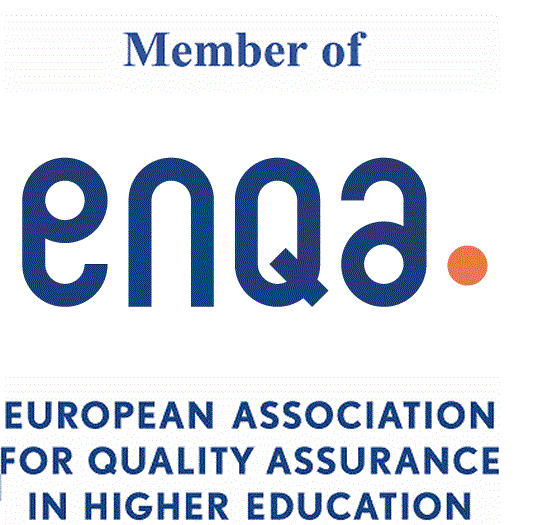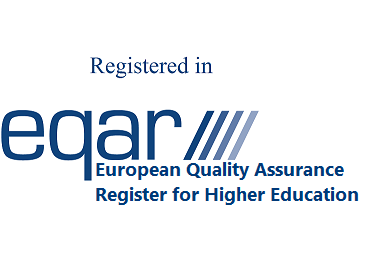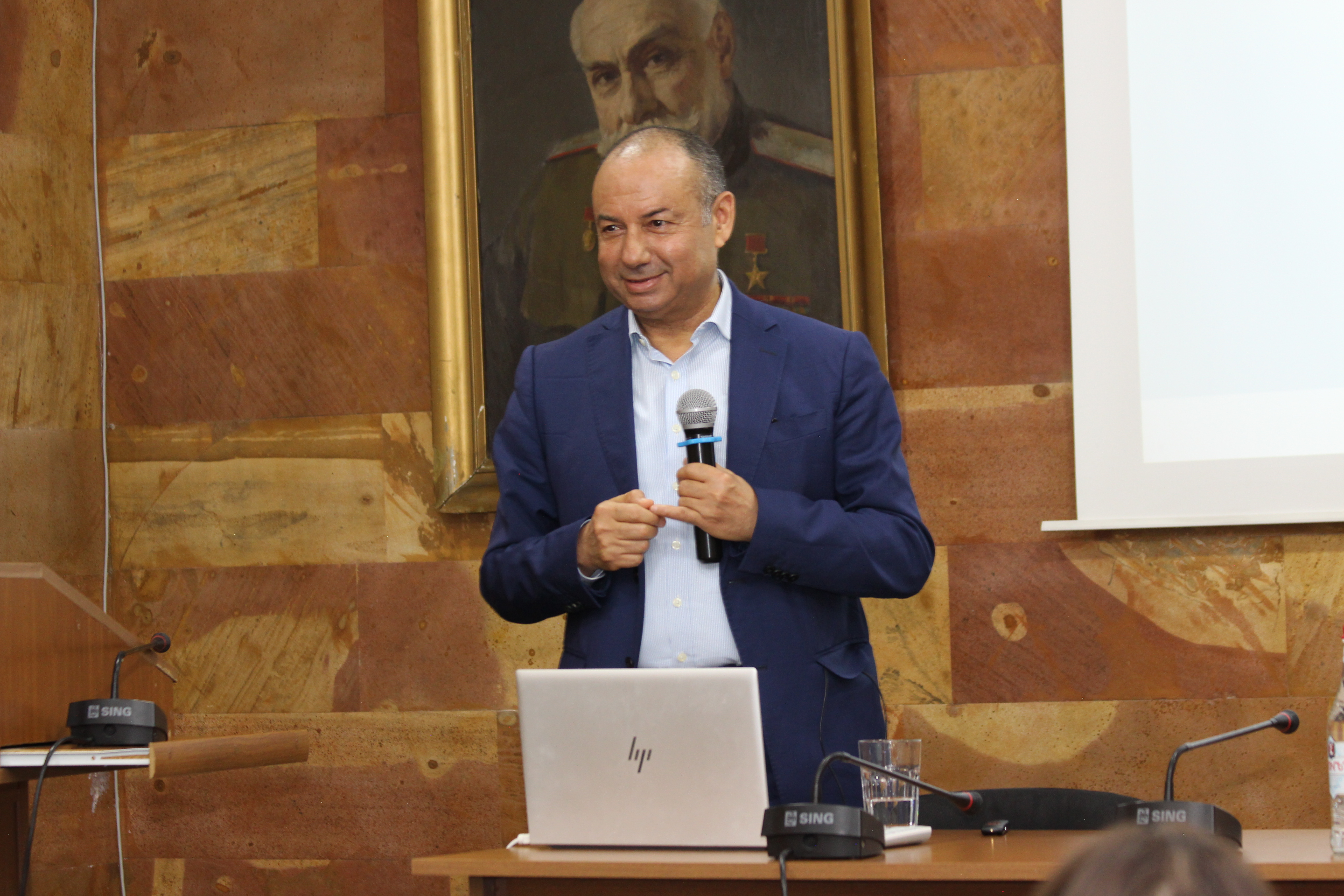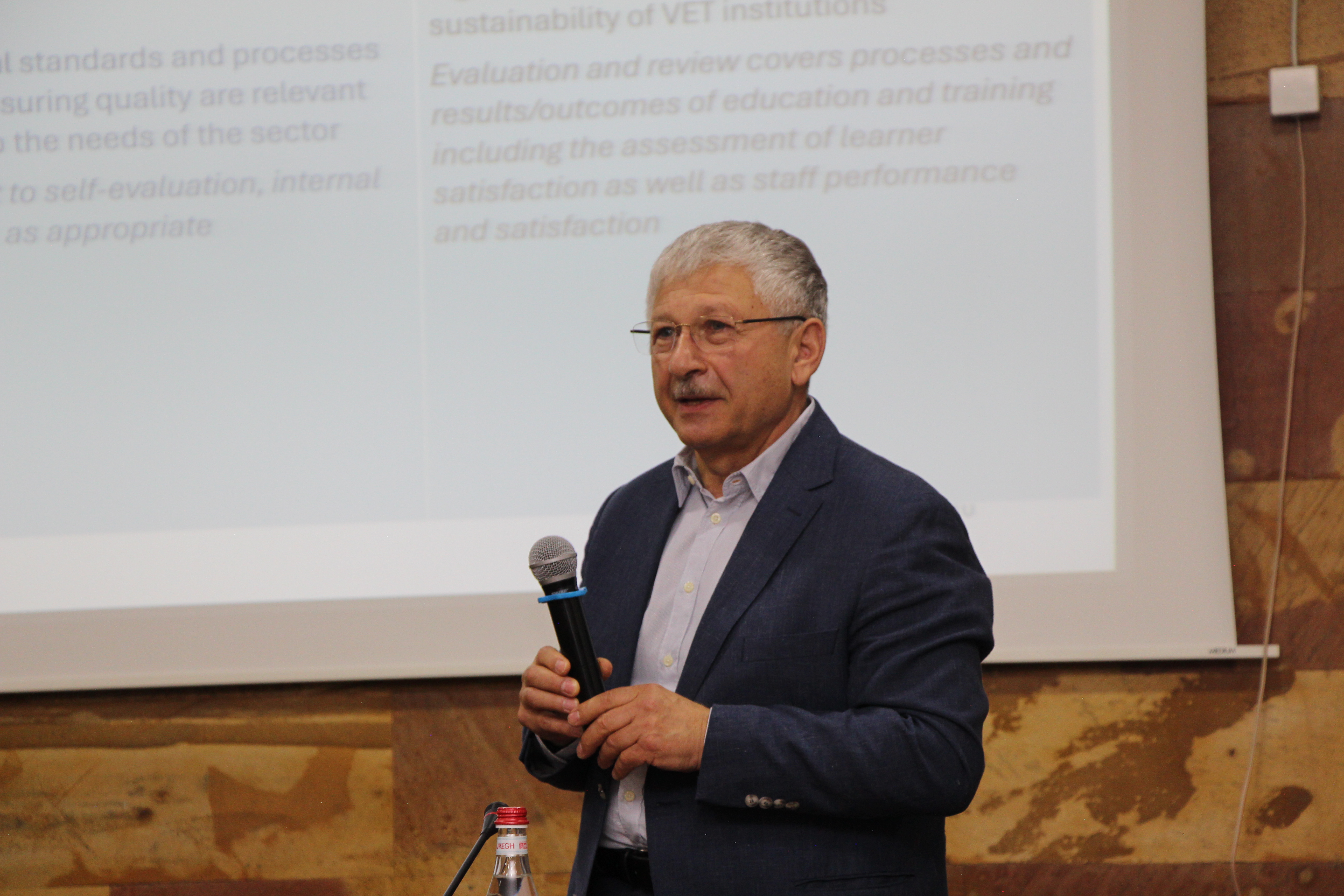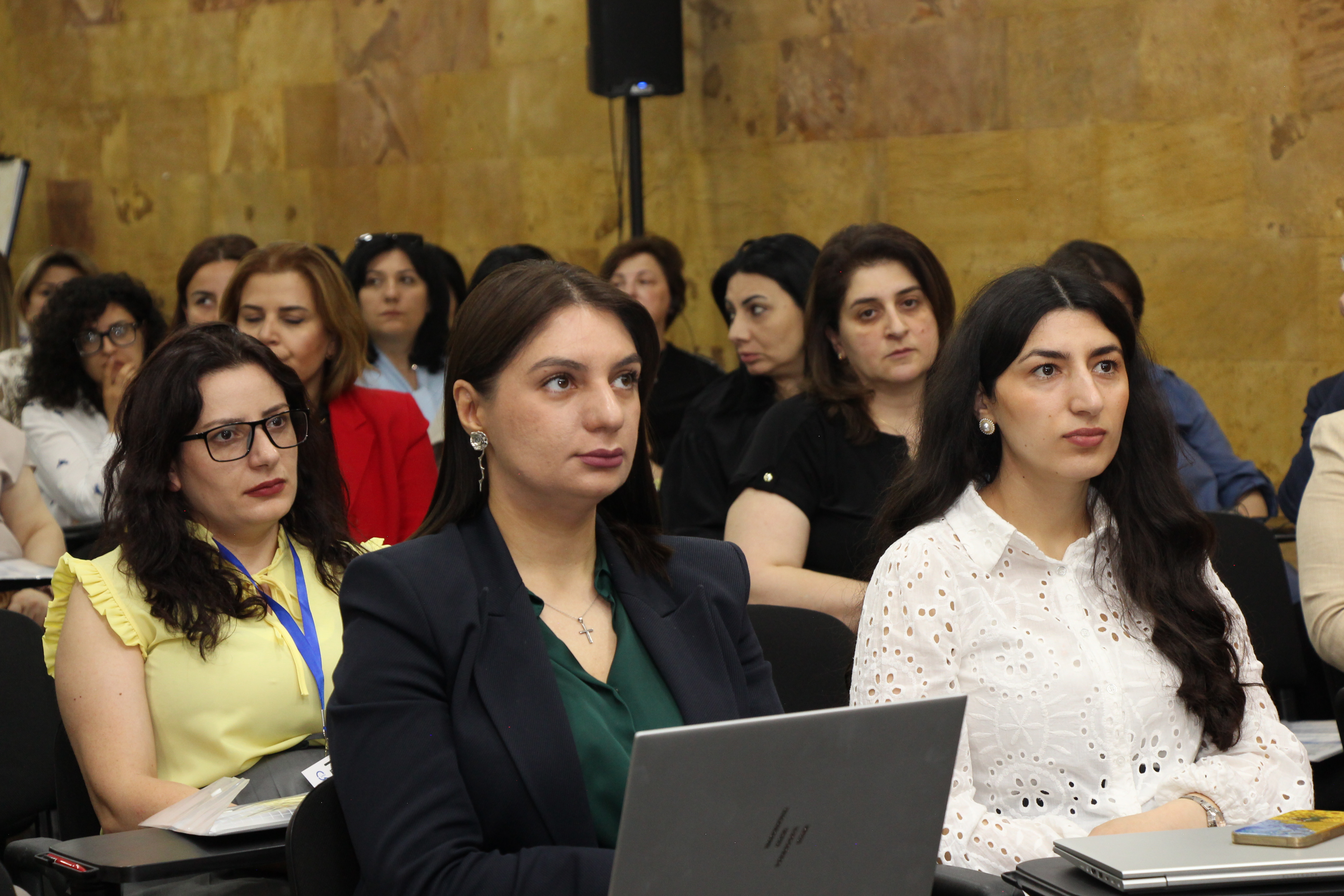On May 22, ANQA held a workshop focused on the EQAVET (European Quality Assurance in Vocational Education and Training).
The event brought together VET institutions’ directors, quality assurance managers and experts.
The participants were welcomed by Ruben Topchyan, ANQA’s director and Mounir Baati, ETF senior specialist in VET Policies and Systems.
Mr. Baati delivered a presentation, sharing the core principles of EQAVET and the practice of its implementation in European countries. Mounir Baati highlighted that while EQAVET is not mandatory, it is widely used in the European Education Area, fostering international understanding and comparability of VET systems. According to Mr. Baati, developing a policy guided by EQAVET principles will help Armenia gain international recognition of its VET system and facilitate benchmarking and enhancement processes based on international practice.
Mounir Baati also touched upon the ten EQAVET indicators, which have been applied in the ETF partner countries for nearly 20 years. The discussions covered how this framework can be adapted in Armenia, including opportunities and challenges involved in the process. A special emphasis was placed on the indicators that may serve as a basis for allocating state funding and evaluating the performance of institutions in the RA VET sector.
The need for regular data collection by VET institutions was also highlighted, as accurate data is the cornerstone of informed decision-making and enhancement-led actions.
What is EQAVET?
EQAVET (European Quality Assurance in Vocational Education and Training) supports quality assurance in VET across Europe. Through a continuous improvement cycle, it helps systems and providers monitor, evaluate, enhance education and training, strengthening accountability. It provides a flexible framework based on a quality assurance Plan-Do-Check-Act (PDCA) cycle, promoting:
- the establishment of standards and indicators;
• the formation of quality assurance mechanisms;
• the continuous enhancement of systems;
• the comparability at national and European levels.
It should be noted that on May 21, ANQA and ETF jointly organised another significant workshop "Internationalisation as a Guiding Principle for the Development of the VET System: Piloting the ETF Diagnostic Tool". The workshop aimed to pilot a new tool for the assessment of VET system, which is grounded in the EQAVET framework, enabling the identification of the system’s strengths, weaknesses and areas for enhancement.

